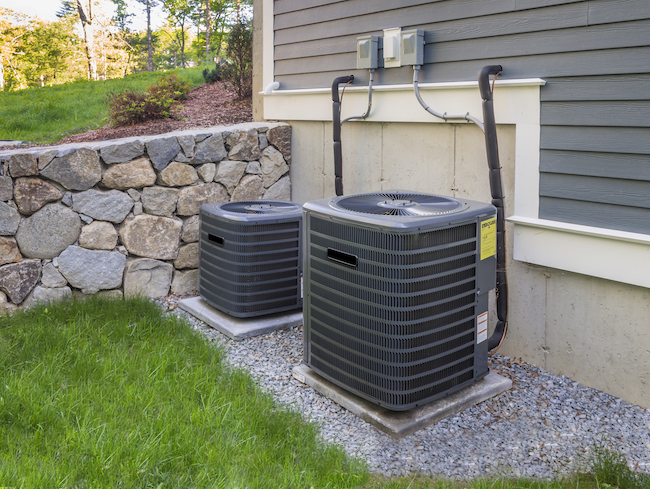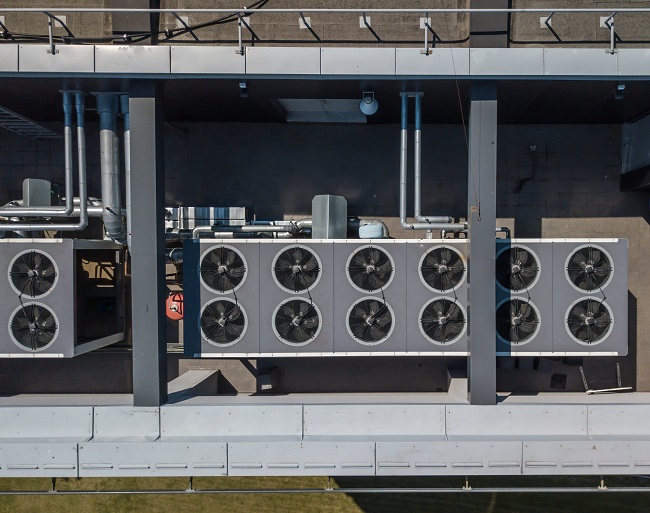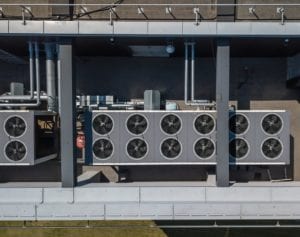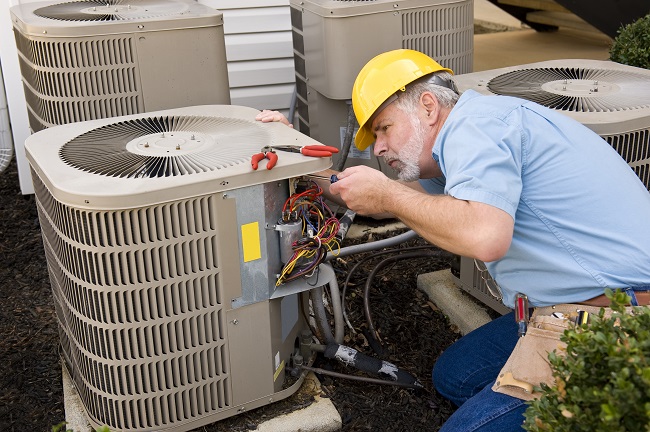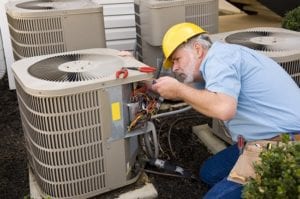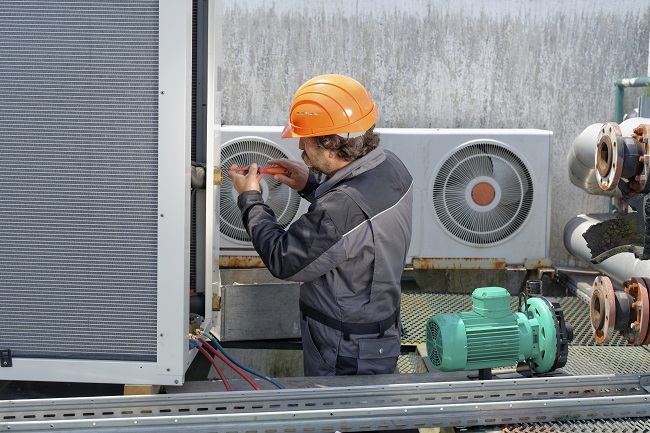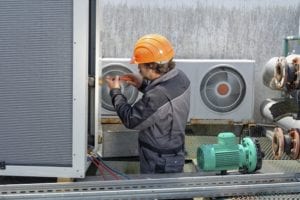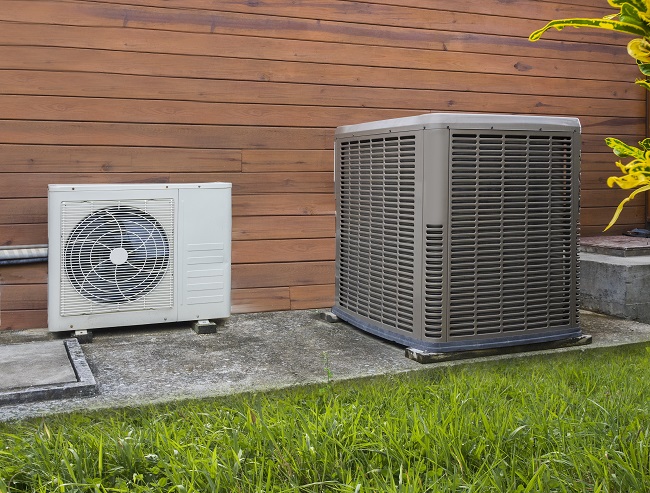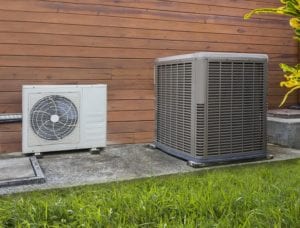How to Use Air Conditioner Repair Putty
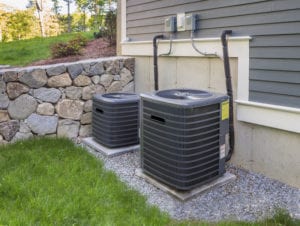
Read on to learn more about how to use air conditioner repair putty when repairing small leaks.
When HVAC professionals encounter small leaks in AC/R systems on the job, there are a few ways they can go about fixing them. One tool that more and more technicians are using is air conditioner repair putty. Repair putties are pastes that are often comprised of two different agents which are kneaded together, applied, and allowed to cure. They are great tools when repairing small leaks in AC/R systems. Read on to learn more about how to use air conditioner repair putty when repairing small leaks.

